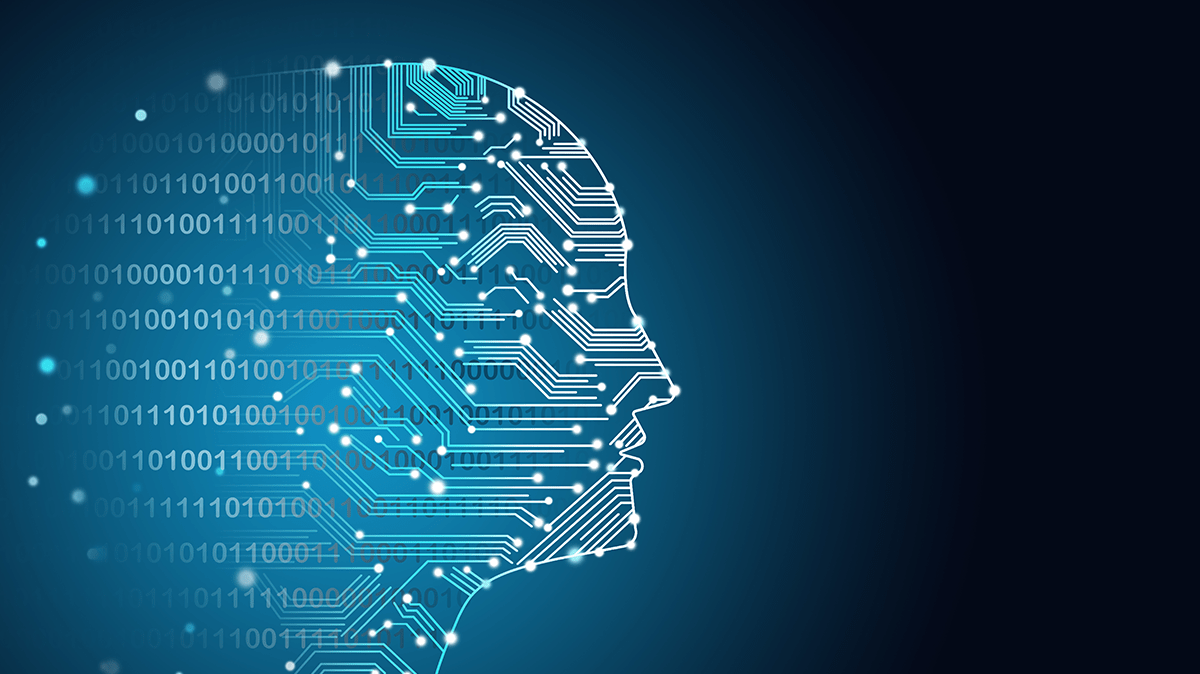Key Points:
- Jobs can be categorized into four categories based on the tolerance for error and whether the problem can be solved by automation or requires human judgment.
- Traditional computer programs and other technologies can automate certain tasks, but human intervention is often necessary for technical, economic, legal, and regulatory reasons.
- AI and other technologies can be used to recommend web content or applications based on user preferences, but humans can provide better results when decision-making involves long-term perspectives, human values, and subjective opinions.
- In some cases, humans and AI can work together, with humans providing expertise in areas that machines struggle with, such as envisioning complex future states and taking responsibility for decision-making.
- Humans should focus on identifying and excelling at tasks that only humans can do well and maximize the value of machines.
- While AI may transform businesses, it is not an existential threat to human jobs. Human teams that successfully adapt to the changing landscape will persevere.
The Four Job Categories
When it comes to artificial intelligence (AI), there are concerns about the jobs that might be lost to machines. To understand the impact of AI on human employment, it is important to categorize different types of jobs. These can be divided into four categories based on the tolerance for error and whether the problem can be solved through automation or requires human judgment.
| Do we have (almost) zero- or low-tolerance for any error in a job? | Can we solve the problem in an automated manner based only on objective facts and simple rules and principles? | Yes | No |
| Yes | 1. Traditional Computer Programs and Other Technologies Mainly for Process Automation | 3. Humans | |
| No | 2. AI, Traditional Computer Programs, and Other Technologies | 4. AI and Humans |
These categories provide valuable insights into which tasks can be automated and which require human involvement. It should be noted that this categorization is simplified for illustrative purposes and may not be mutually exclusive or collectively exhaustive.
1. Traditional Computer Programs and Other Technologies Mainly for Process Automation
This category includes tasks like trading, money wiring, settlement, clearing, and other operations at banks, trading venues, and investment management firms. While machines can automate many of these tasks, human intervention is often necessary for technical, economic, legal, and regulatory reasons. Some individuals may resist fully automated processes and prefer human involvement.
2. AI, Traditional Computer Programs, and Other Technologies
Jobs in this category involve tasks like recommending web content or applications based on user preferences and past behavior. While AI and other technologies can be applied, the results can still be subject to interpretation. Decision-making in these tasks is not as critical or significant. Humans, as well as traditional computer programs and other technologies, can provide more accurate and better results, especially at scale.
3. Humans
This category encompasses jobs that require decision-making based not only on objective facts and simple rules and principles, but also on long-term perspectives, human values, and subjective opinions. These tasks often involve one-off, non-automatic decision-making processes with potentially irreversible consequences. Humans can take responsibility for the results and have a comprehensive understanding of the legal and ethical implications.
4. AI and Humans
In this category, humans and AI compete for the job. Machines can replace humans if certain conditions are met, such as offering a better solution based on costs, output quantity and quality, and complying with legal and social conventions. However, there are tasks where humans and machines can work together. Humans excel at envisioning complex future states and defining correctness, while AI can provide solutions based on past data. This collaboration is particularly valuable in areas like stock selection, portfolio management, client services, sales, and the artistic realm.
The Solution: Focus on What Only Humans Can Do and Do Well
To avoid losing jobs to machines, humans need to identify and focus on tasks that only they can do and excel at. Humans have the unique ability to define each job and categorize them into the four categories mentioned earlier. They can also transform and redefine jobs to maximize the value of machines. By doing so, humans can dedicate themselves to more meaningful, productive, and enjoyable activities. It’s important to recognize that machines lack emotions and will only perform tasks assigned by humans.
The Role of Human Judgment in AI
While AI has advanced significantly, its intelligence is dependent on the data it learns from, the models and techniques deployed, and the human experts involved. Human judgment plays a critical role in tasks that require knowledge, experience, and the understanding of data generation, collection, processing, storage, and analysis. Subjective human judgment based on expertise is also essential. Not all jobs should be replaced by machines due to legal, ethical, and economic reasons. Instead, humans equipped with machines can replace certain jobs, and successful adaptation to the changing landscape is key to job security.
Conclusion
AI may transform businesses, but it is not an existential threat to human jobs. The collaboration between humans and machines is crucial for optimal performance in various tasks. Teams that successfully adapt to the evolving landscape will persevere, while those that don’t may render themselves obsolete. It is up to us humans, not the machines, to study the board and make our move.
Disclaimer
All posts are the opinion of the author and should not be considered investment advice. The opinions expressed in this article do not necessarily reflect the views of CFA Institute or the author’s employer.
Professional Learning for CFA Institute Members
CFA Institute members can self-determine and self-report professional learning credits earned, including content from Enterprising Investor. Members can easily record credits using their online PL tracker.







